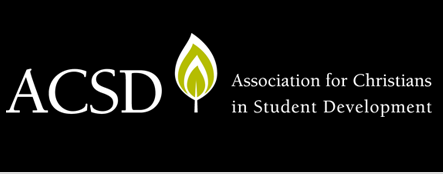Home > Other Collections > ACSD > Growth > No. 20 (2021)
Abstract
Ample research suggests that self-authorship may serve an important role in helping students develop as whole people. Therefore, the time is ripe for Christian student affairs professionals to further investigate the construct of self-authorship, specifically how it may be shaped in the college context. To that end, the purpose of this study was to identify key factors that influence self-authorship among a sample of first-year students attending a Christian university (N=428). Drawing on the work of Kegan (1994) and Baxter Magolda (2001), this study utilized hierarchical multiple regression analysis to examine the relationship between self-authorship and a set of predictor variables, namely, civic engagement behavior, problem-solving ability, strengths self-efficacy, spirituality, religiosity, and social support. Findings indicate that strengths self-efficacy, civic engagement behavior, and problem-solving ability were significant predictors of self-authorship. Implications for research and practice are outlined and discussed.
Recommended Citation
Abouras, Rachel
(2021)
"Authoring an Undivided Self: Predictors of Self-Authorship Among First-Year Students Attending Christian Universities,"
Growth: The Journal of the Association for Christians in Student Development: Vol. 20:
No.
20, Article 2.
Available at:
https://pillars.taylor.edu/acsd_growth/vol20/iss20/2
Included in
Educational Assessment, Evaluation, and Research Commons, Educational Leadership Commons, Higher Education Commons, Higher Education Administration Commons, Teacher Education and Professional Development Commons

